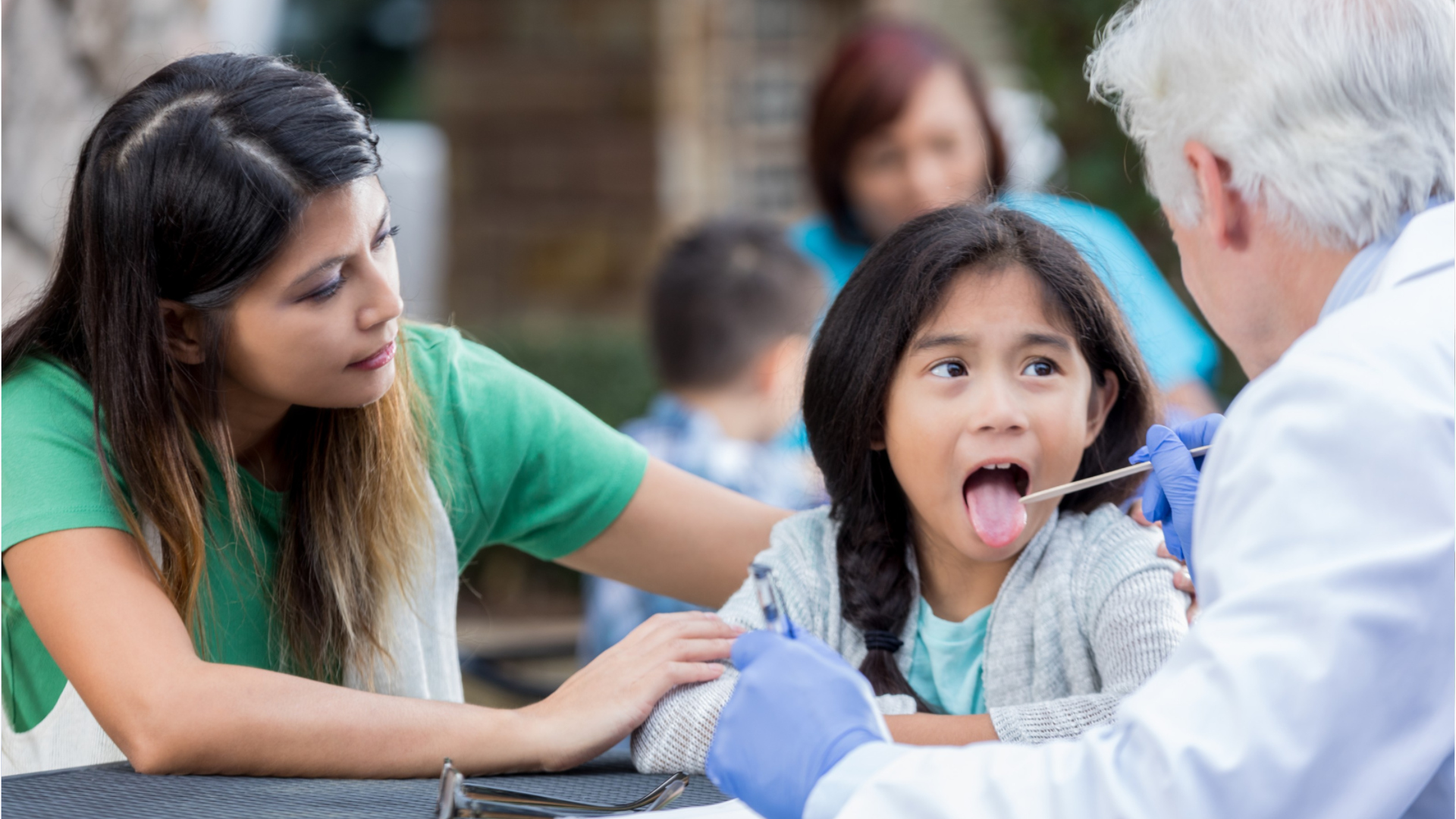
Health education specialists who work with groups of volunteers have the unique opportunity to offer a unique service. No matter what their field of experience, health education volunteer workers are given an opportunity to make a difference in people’s lives. Often they do not even have to start their work immediately as most community colleges, health departments and universities offer a part-time health education program. However, many health education specialists who work with groups of volunteers find that this is the route they would like to take and would like to learn more about what the job has to offer. If you are one of these individuals, then you may be interested in learning more about becoming a health education volunteer.
Health education specialists who work with groups of volunteers understand that the greatest value of any volunteer activity is the feeling of community that it creates. By putting themselves in the shoes of those who are involved with such projects, health education specialists who work with groups of volunteers are able to understand better how they can serve the public. Not only that, but these professionals are able to help to administer various programs that aim to change both the hearts and the minds of those who are willing to give them a shot.
Health Education Specialists
While health education specialists who work with groups of volunteers usually go through a health education training course, the amount of education that is needed varies from one person to another. On average, the training course for health education specialists who work with groups of volunteers usually takes just two days. It will focus on teaching the participant about the importance of good health and nutrition and how all of this relates to the overall well being of an individual.
During the health education specialists who work with groups of volunteers training program, the trainer or instructor will teach the participants the different ways in which they can promote good health. These courses also cover what healthy eating is and how different foods relate to health. They will also be introduced to the concepts of healthy sleep, exercise, and stress management. The health education specialists who work with groups of volunteers will also be taught about ways in which they can protect themselves and their families against the various threats that are posed by high cholesterol, diabetes, and obesity. This will allow volunteers to have a better understanding of the way in which they can prevent them from being diagnosed with these health problems and thus enable them to save themselves from the repercussions that these diseases can bring.
One of the most important skills that health education specialists who work with groups of volunteers need to have is the ability to connect with people and get their attention. Since there is an increased awareness about health risks these days, people are more inclined to listen to advice offered by these professionals and are more likely to try out these new healthy lifestyle options. Thus, a volunteer who knows how to connect with the general public is likely to make a greater contribution than one who does not have this ability.
However, becoming a health education specialist who works with groups of volunteers is not just about teaching people about the basics of health. There are many other aspects that the education specialist must master in order to ensure that he or she become an effective health educator. A person who wishes to become one must take up extra classes that will prepare him or her for the job ahead. These classes include cognitive behavior therapy, philosophy of health, ethics in health care, health information management, health sociology, and health psychology.

